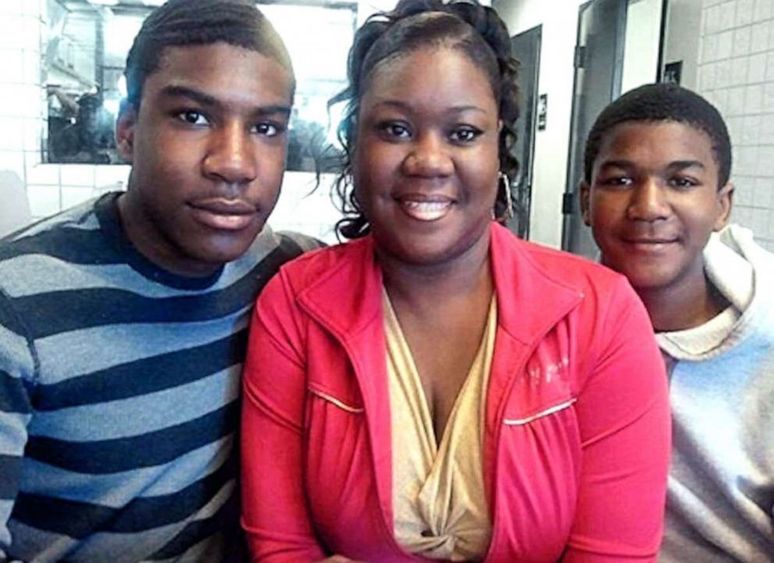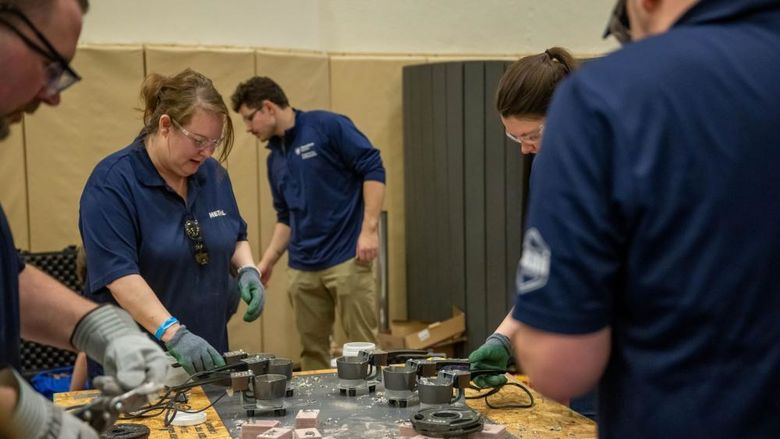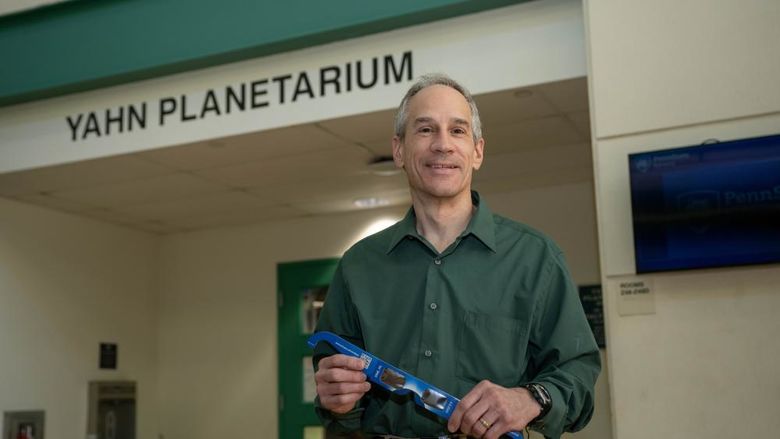
Sybrina Fulton, the mother of Trayvon Martin (at right) discussed her work in the social-justice movement during a Jan. 18 online forum hosted by Penn State Behrend's Office of Educational Equity and Diversity Programs.
“The death of a child –- that’s just a different type of loss. There’s no manual for that, no person you can call and ask what you should do next.
“When Trayvon was killed, it felt like the end of my life, too, I pulled my car to the side of the expressway, and I yelled out to God. I asked, ‘Why? Why? Why did this happen?’ And there’s no good answer.
“I try to connect myself with people who are positive, and who are trying to make a difference. That helps me. As I began to help other mothers, I became stronger, too.”
-- Sybrina Fulton, the mother of Trayvon Martin, during a Jan. 18 online forum that opened Penn State Behrend’s annual celebration of the life and work of Dr. Martin Luther King Jr. Other programs will include an online forum with Erie Mayor Joe Schember and a virtual screening of the documentary film “I Am Not Your Negro.” Details are at www.behrend.psu.edu/mlk.
Fulton’s 17-year-old son was shot and killed by a neighborhood watch volunteer in Sanford, Florida, in 2012. The man who killed him was acquitted.
Fulton became an activist, working with Mothers of the Movement and other groups that hope to reduce gun violence. In 2020, she expanded her role, attending the funeral for George Floyd, who died during an arrest in Minneapolis, and campaigning for a seat on the Miami-Dade Board of County Commissioners.
More than 120 people, including Mayor Schember and Behrend Chancellor Ralph Ford, attended her Penn State Behrend program, which was hosted on Zoom. Andy Herrera, director of educational equity and diversity programs at Behrend, moderated the discussion.
“A lot of times, people don’t want to address the elephant in the room,” Fulton said. “We don’t want to talk about racism, but we have to, just as Dr. King did, because what was happening in the ‘60s is still happening in 2021.
“We can’t sit back and just assume that things will get better,” she said. “We have to make things better. That’s on us.”
Robb Frederick
Director of Strategic Communications, Penn State Behrend





